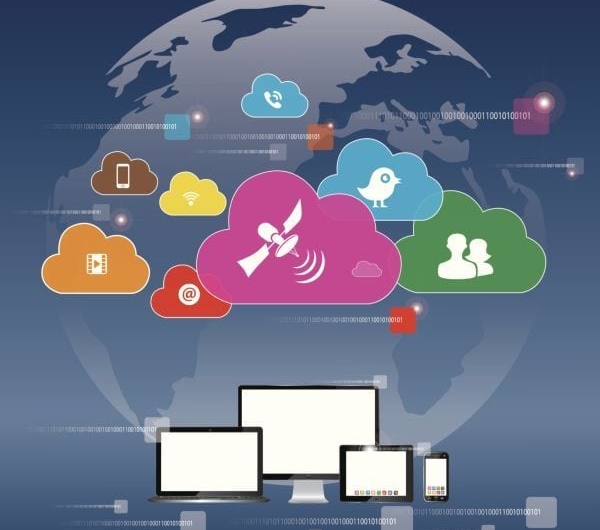Social media has undoubtedly changed the way we interact with the world. We no longer write letters or send out post cards and greeting cards, we don’t have friends over at our house so frequently and most of our “private” information is available on our social media profiles. Even if all of this may appear rather normal to us today, it still is quite a change from the way people interacted before social media came along. We examine just how much these platforms have affected human interaction.
1. The number of people you can interact with
Before the social media, we only interacted with a limited number of people. These days, it is possible to “stay in touch” with thousands of “friends” from all around the world. While that seems like a good thing, this has essentially diluted the essence of what it meant to have a circle of friends. Since it is physically impossible to be friends with thousands or even hundreds of people at once, social interaction has been reduced to much more narcissistic and voyeuristic pursuits.
2. Loss of actual social skills
Before social media, one had to learn to be polite and likable to make friends. These days, making “friends” is all about sending someone a request through the internet. This takes out of the equation the entire process of physically approaching someone, maintaining a certain body language, following established social decorum and holding a conversation to find out whether one has anything in common with the other person.
3. You can learn a lot about another person from their social profile
Social media profiles have made it possible for strangers to get a fair idea of the likes and dislikes of another person. They can then proceed to send them a request to be friends. In the past, a person you hadn’t spoken to at length needed to visit your house and step into your bedroom to see what kind of music and books you liked. Also, since our thoughts (through posts and updates) about all kinds of topics are available for our social media friends to see, someone can form a strong opinion of who you are, what you were like in the past, what you were personally going through etc. without ever having spoken to you. This can lead to people forming preconceived notions about you which may not be fair or accurate.



